Cookbook Review: The Gaza Kitchen
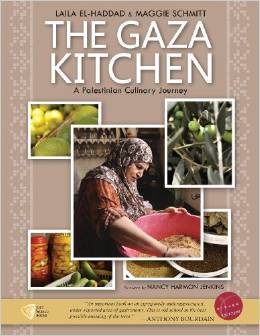
 I have a pretty large collection of cookbooks, as you might imagine being the case since food writing, blogging and cooking are all an integral part of my daily life. It’s a completely rare situation that I come across a cookbook so absolutely intriguing and heart-wrenching because of the current political, economic and logistical strain of the inhabitants offering up their recipes. That is the case with The Gaza Kitchen cookbook written by Laila El-Haddad and Maggie Schmitt (2013).
I have a pretty large collection of cookbooks, as you might imagine being the case since food writing, blogging and cooking are all an integral part of my daily life. It’s a completely rare situation that I come across a cookbook so absolutely intriguing and heart-wrenching because of the current political, economic and logistical strain of the inhabitants offering up their recipes. That is the case with The Gaza Kitchen cookbook written by Laila El-Haddad and Maggie Schmitt (2013).
I got The Gaza Kitchen several months ago and have been meaning to write this review ever since, as soon as I had made a collection of recipes from it to share here on the blog. As the unfortunate turn of horrific events in Gaza take place at this very moment, I feel it’s the perfect time to share it and talk about it, as this is not just a cookbook, but a documentation of history, of deeply-rooted cuisine and of a determined people- those who make do with what they have under distressful living situations that continue to worsen. For the authors, it was the perfect way to bring awareness to the situation of the Palestinian people, in general (not just in Gaza) and to start that discussion with those who are interested in learning more, for food is the most intimate and personal way to get to know a people and their plight whether it was yesterday or today.
Just as I thought I had known plenty about Middle Eastern food in general and a good amount of Palestinian food history and flavors, I was amazed at some of the nuances this book and all of the discussions spawning from it have unveiled. For example, did you know that “dill seed, garlic, and crushed red peppers–[are]those things are used in unison” in a Gazan kitchen? Read more about that in this Bon Appetit interview between Laila Haddad, Maggie Schmidt and Israeli Chef Yotam Ottolenghi.
This book is unique because it’s not a glossed-over recipe book where everything is made to be picture-perfect, which is what I absolutely love. It’s a documentary on paper. It reads reality, humility, real life, hospitality, homemade and what’s readily available. After all, the Gazan people, like all other Palestinians in the same occupied territories, are subject to things like power outages, limited water usage, and disappearing agricultural land. How on Earth does one cook under those circumstances?
Some of the recipes showcased in the book are:
- Ujjit Zahra (Cauliflower Fritters)
- Malfouf (Stuffed Cabbage Rolls)
- Hbari w Ruz (Calamari and Rice)
- Sumagiyya (Sumac-Infused Stew)
- Qatayif (Special Holiday Pockets)
- Adas w Rqaq (Lentils with Dumplings)
- Bisara (Fava Bean Spread)
- Rijliya or Tabikh Baqla (Purslane Stew)
There is also a section at the beginning of the book outlining some of the key ingredients in the Gaza Pantry (i.e. chickpeas, red tahina, mastic, nigella seed, etc.)
Alongside the recipes are tidbits of individual Gazans and their personal stories as well as information on the following important topics regarding the daily live of the Gazan people:
- Fishing Limits in Gaza
- Al Manar Tahina Factory, Zeitun
- On Olive Oil (and why Gazans hardly use it in cooking anymore)
- The Debate About Sustainability (and Gazan self-sufficiency)
- On Wild Greens and Foraging
- The Women of the Zeitun Kitchen (Zeitun Women’s Cooperative)
It’s a fascinating journey through the lives of the Gazans and if you listen to the interview in the video below, you’ll come to learn that the authors would like to do another documentary style cookbook on the other parts of Palestine. As you can imagine, it’s going to be a logistical feat to get it done and with the current crisis ensuing, I’m sure most people are not concerned with food in the whimsical sense, but in survival mode. This book is helping to preserve the culinary history of the Gazan people, insha’Allah, most of whom are not actually even from Gaza but from the towns and villages outside of Gaza, as Laila says in the interview below.
You can see a bit of the interesting ways in which some of the more traditional Gazan recipes are made in this video of Anthony Bourdain’s show, Parts Unknown.
You can purchase this book from Just World Books here. Make some of the recipes in the book. Read the stories of the people covered and about their daily lives. It’ll help you feel more connected to just one of the many groups of people around the world who need their voices to be heard and for our heartfelt prayers to be made for them, especially at this very moment. #PrayForGaza
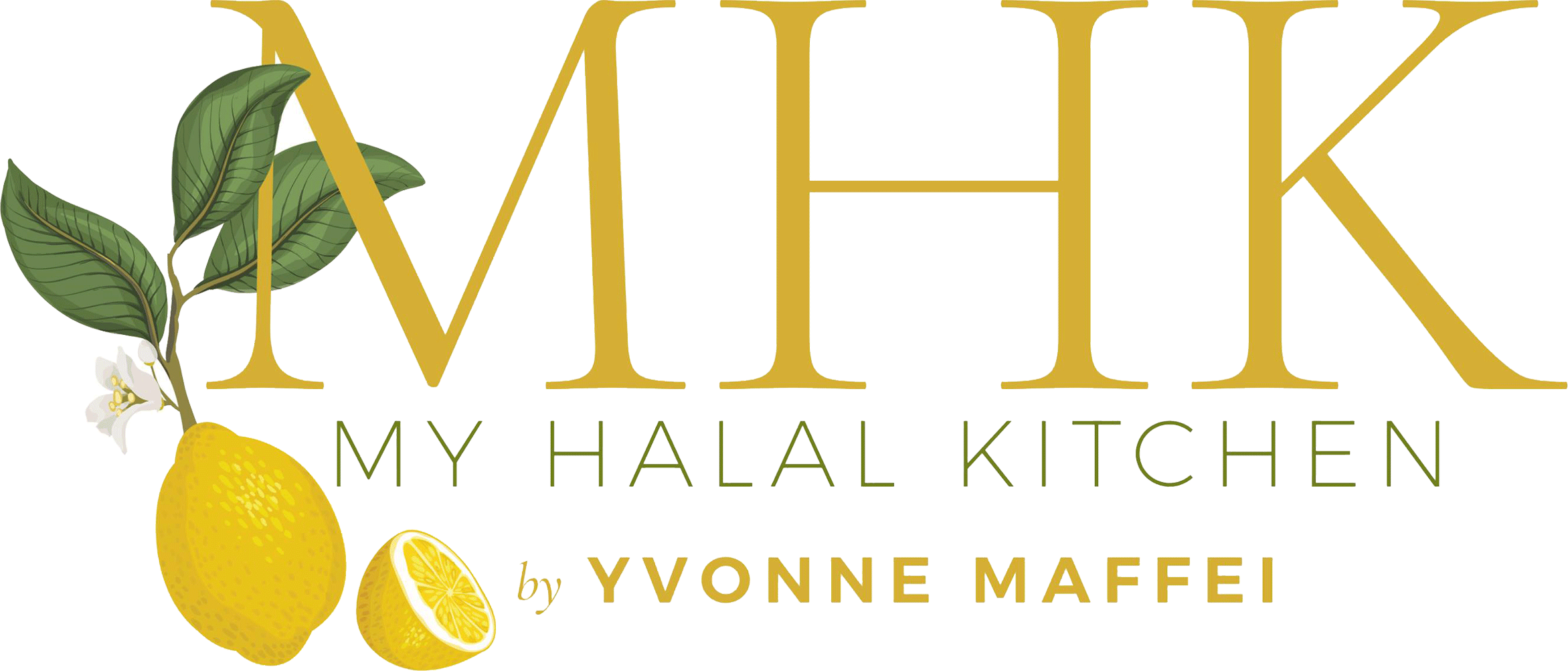


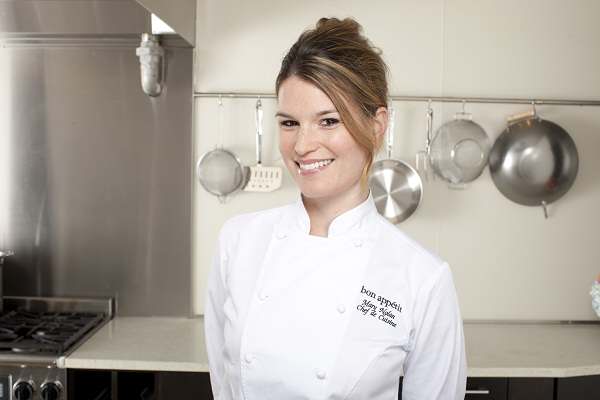
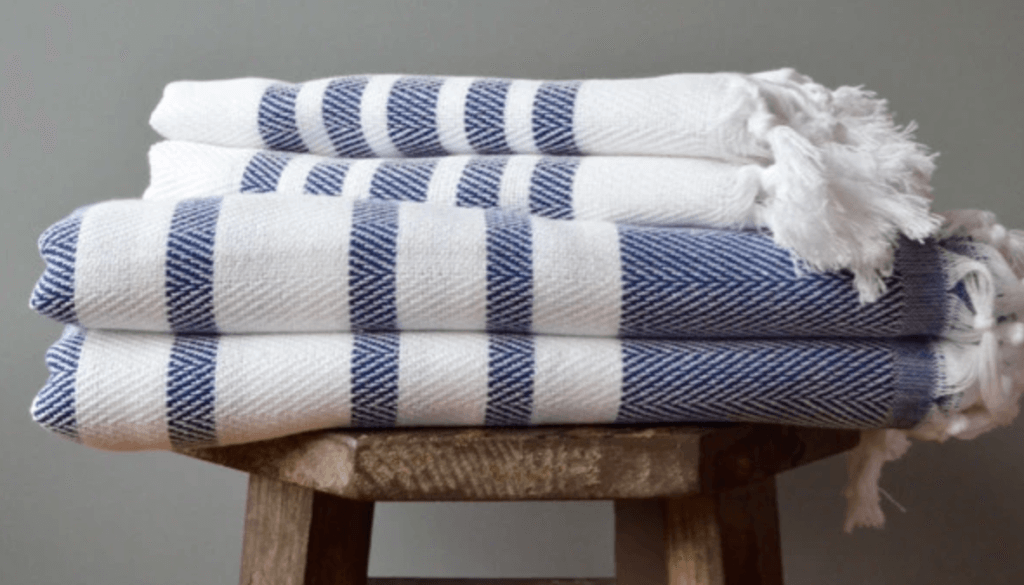
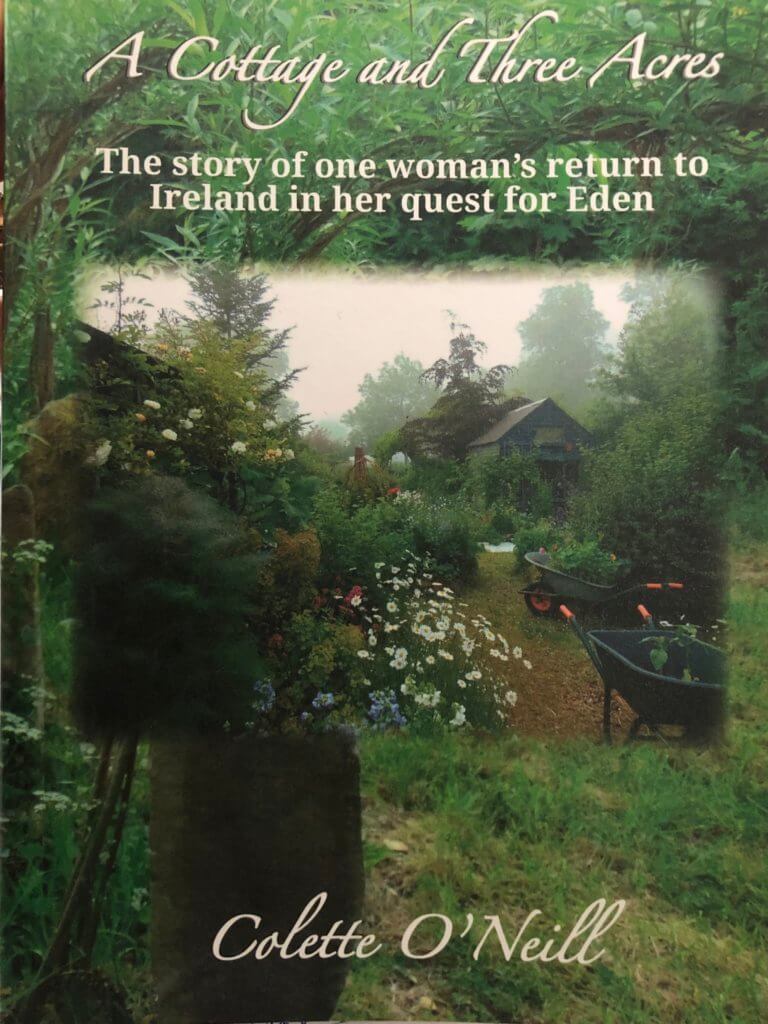


Fantastic review! The plight of Gaza ensues and one can only pray to Almighty for mercy for the Muslims in distress!
I strongly believe food connects and if done in a pleasing way it brings people closer!
The plight of the Palestinians is self-inflicted. As soon as the Gazan’s stop hating, allow for the State of Israel to exist, they will have peace. As Golda Meir said, “When the Palestinians love their children more than they hate ours, there will be no more war.” The Jews are the real refugees, having been thrown out of their homeland 2000 years ago by the Romans; then, more recently, pre-1948, were forced out of lands such as Iraq, Syria, Egypt, Yemen, etc., where they had enjoyed centruries of peaceful co-existence, economic and religious freedom, and where they lived dignified lives that enriched the culture around them.
Oh please…Zionists stole the Palestinians’ land and refuse to give it back. Because the Nazis persecuted Jews does not give Jews the right to persecute Palestinians. Israel should be the Israeli state, not the Jewish state. It should be a state for all its citizens equally.
I’ll have to check out those recipes! They sound amazing!